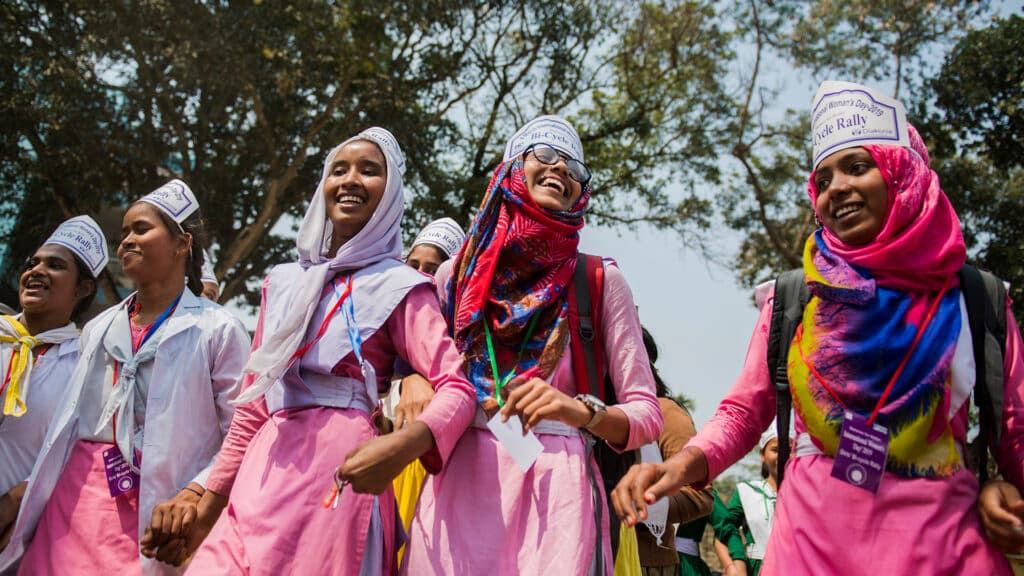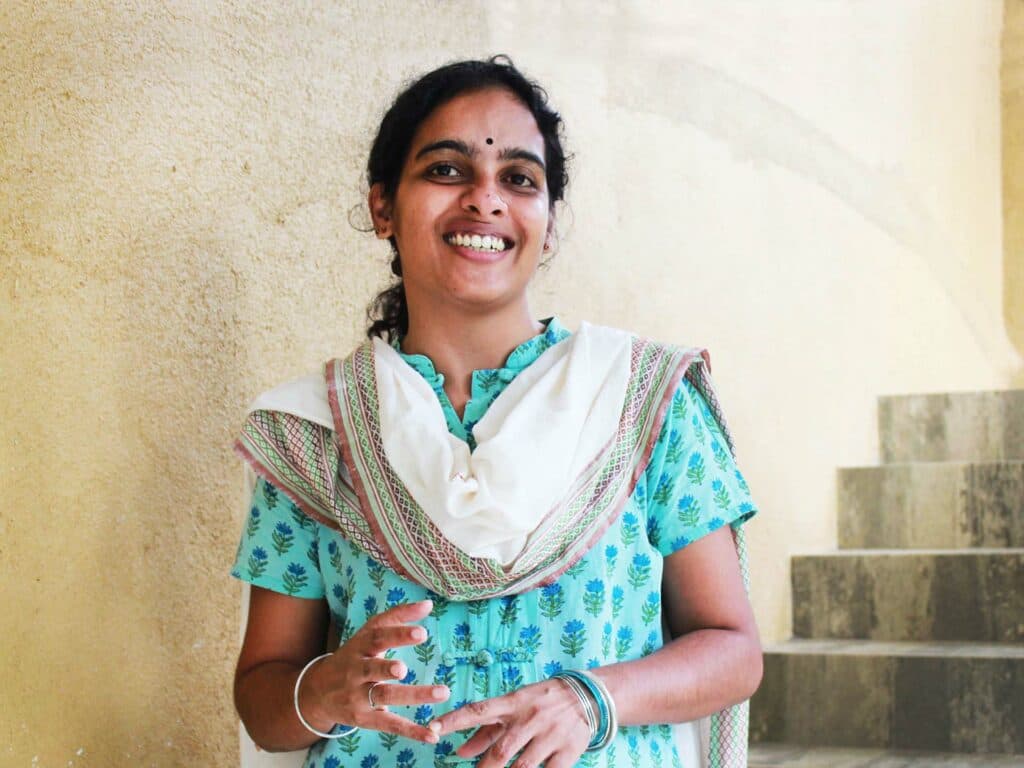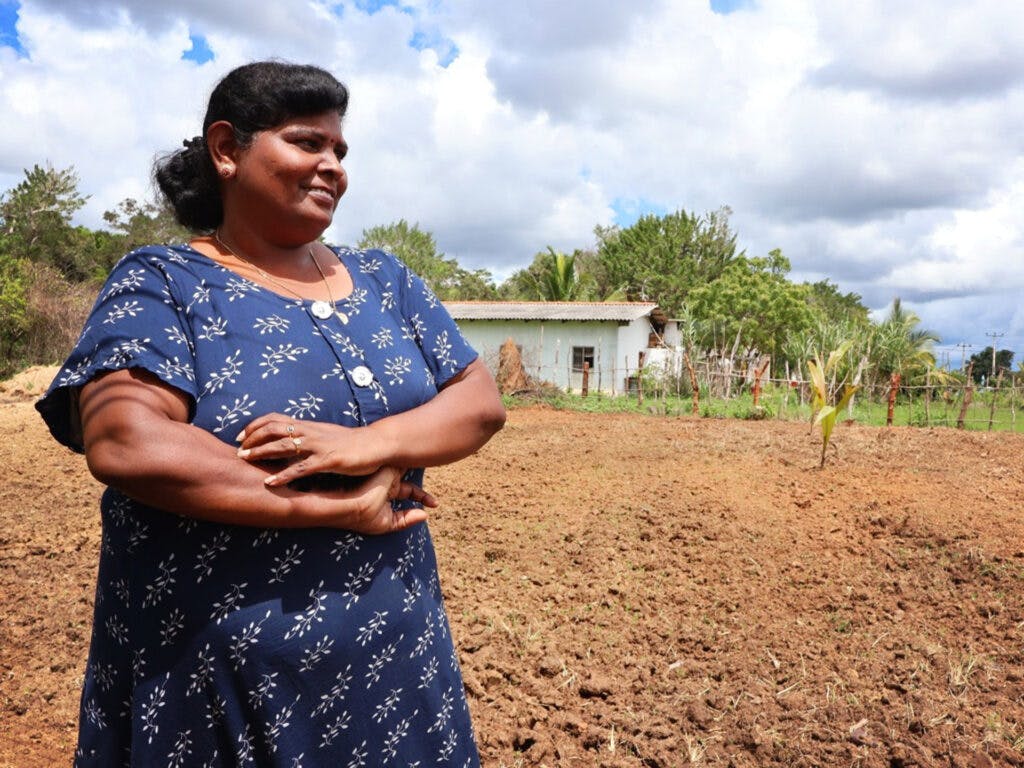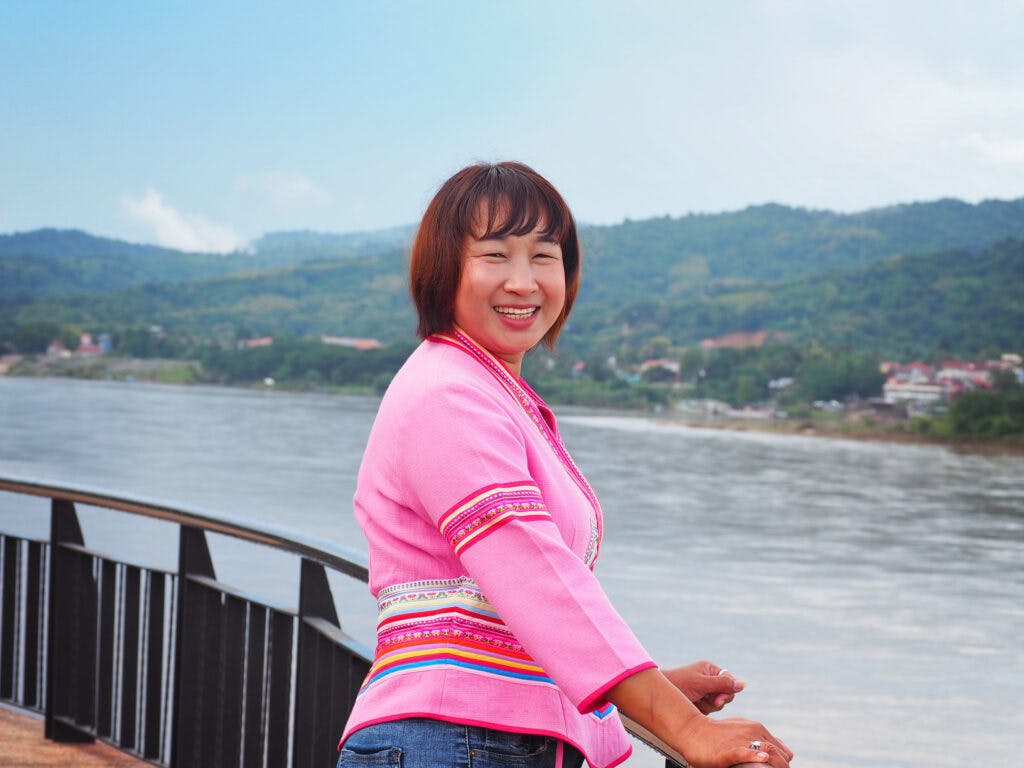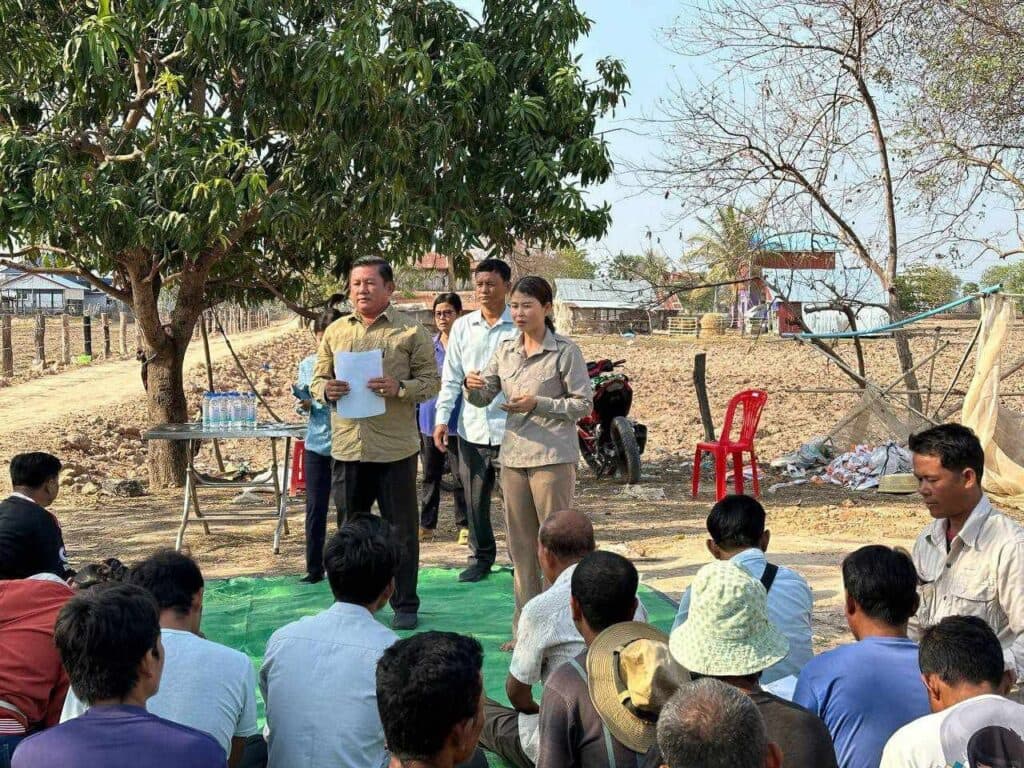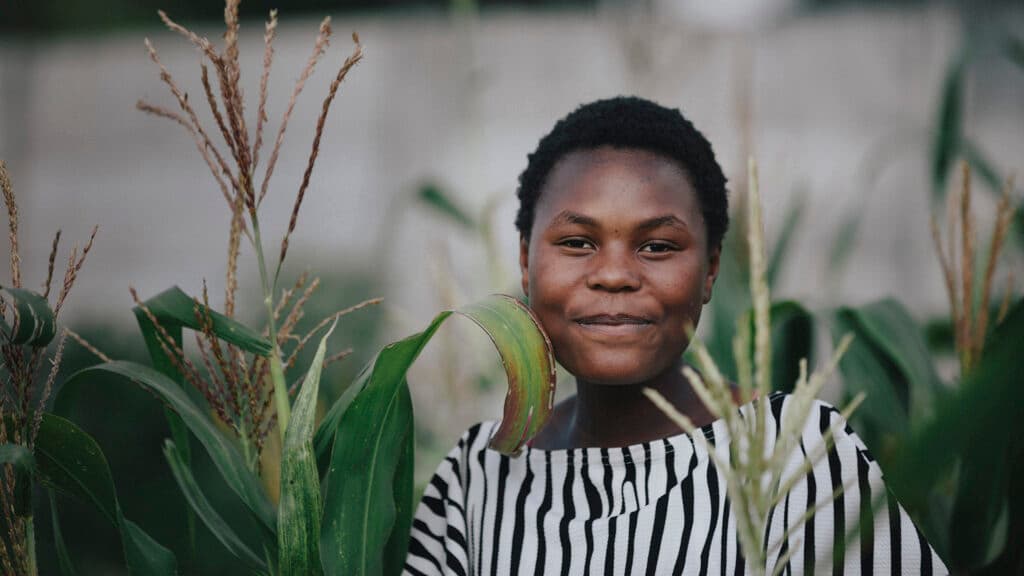
Women’s Resilience in Sri Lanka Post-War
In the aftermath of Sri Lanka's devastating civil war (1983-2009), communities in the northern regions faced unprecedented challenges of rebuilding their lives and social structures. Women, in particular, bore the burden of rebuilding their lives while confronting deeply rooted gender inequalities. Recognizing this critical need, the Law and Society Trust (LST), in partnership with Diakonia, piloted the Community Governance Platform (CGP) to empower women to move beyond survival to leadership.
The post-war landscape has led to a significant demographic shift with the rise of women-headed households in Sri Lanka. As widows and mothers who lost their husbands, brothers, and sons to the conflict, these women found themselves suddenly thrust into dual roles as both caregivers and breadwinners, navigating these new circumstances and needing support. Recognizing the evolving role of women in these communities, the Law and Society Trust (LST), in partnership with Diakonia, developed an initiative to empower women who care for the community and want to make a difference.
This began in 2018 with projects focused on land rights and decision-making, inspiring them to participate in local elections. Their ongoing engagement with LST culminated in the establishment of the Community Governance Platform (CGP) in 2020. This initiative aimed to educate and enable local leaders, with special emphasis on women, providing them with essential knowledge about laws, governance processes, and democratic principles.
The CGP created a civic space bringing together community leaders from five war-affected districts – Jaffna, Mannar, Killinochchi, Mulaithivu, and Anuradhapura. Through this platform, the trained local leaders could empower their community to make informed decisions, raise their collective voice, and claim their rights.
From Silence to Strength
The platform's impact becomes evident through the stories of women like Anjalakokila, a local leader who participated in the platform reflected on her journey:
"Women didn't usually come forward, but in 2018, a few women who did community work stepped forward to stand for elections at the local government body in Vavuniya. I won and became a member. Previously, I did not know how to speak and what to say, but this training helped me and gave me confidence to do our job at the Local Government Council."
With knowledge comes responsibility, and the women who benefited from these programs are even today ready to stand for the next elections because they want to ensure the voiceless and marginalized groups are not forgotten.

“We would have been just symbolic members, but because of the trainings received from LST, we are able to talk about issues better. I have served as a Council member from 2018-2023 and I am ready to apply for nominations at the next local government elections.”
Anjalakokila
Breaking Cycles of Violence
CGP's impact extended beyond political participation. It evolved into a safe haven where women could gather, learn, and support each other. Through involvement in LST's research on gender discriminatory social norms, women leaders began to recognize and challenge deeply ingrained social constraints. As one participant noted:
"We are talking to others and informing them that they should choose. Make choices. We wore red pottu* and flowers in the hair as young children and as married women, then why should we change this just because we have no husband? We are still women."
The change is slow, but gradually becoming visible.
Signs of Progress
After completing their terms in local government, leaders like Anjalakokila continue their work, supporting women throughout the region, helping them understand their rights and seek justice. They help women like Megasothi, a survivor of long-term domestic abuse. With guidance from platform members, she took the brave step of reporting the abuse to the authorities, leading to immediate improvements in her situation.
"We did not know that we even had rights, and that we were equal under the law. Now things are changing and there is a shift in people’s thinking because we can talk to someone and get information and guidance, and it opens our eyes," Megasothi shared.

Today, with core funding support from Diakonia, the CGP continues to strengthen democratic processes while challenging deeply rooted gender inequalities. The platform has grown to 50 members, and its influence continues to expand. The success of the CGP demonstrates that when women are equipped with knowledge of their rights and supported by a strong community network, they become powerful agents of change.
Building Sustainable Change
Recognizing its effectiveness in transforming lives and challenging the cycles of violence that persist in post-conflict societies, LST plans to replicate this successful model across other districts. Through this expansion, the CGP will reach more communities, empowering more women to step forward, speak up, and lead their communities toward a more equitable future.
Through initiatives like the CGP, women are redefining their roles in society, moving from the margins to the center of community leadership. While each woman's journey is unique, their collective strength continues to pave the way for lasting social change in Sri Lanka's post-conflict landscape.
* pottu - red mark on the center of the forehead, usual worn by Hindu Tamil women.
About Law and Society Trust
The Law and Society Trust (LST), established in 1982, is committed to promoting legal reform and contributing to the advancement of human rights in Sri Lanka. Focusing on justice, equity, and the rule of law, LST engages in research, advocacy, and education to support policy changes and strengthen civil society. Some of their main activities include legal education and rights awareness, publications, and the dissemination of information, and are linked with networks at the national and international levels. LST has been collaborating with Diakonia since 2013, working together to enhance access to justice and uphold human rights.

